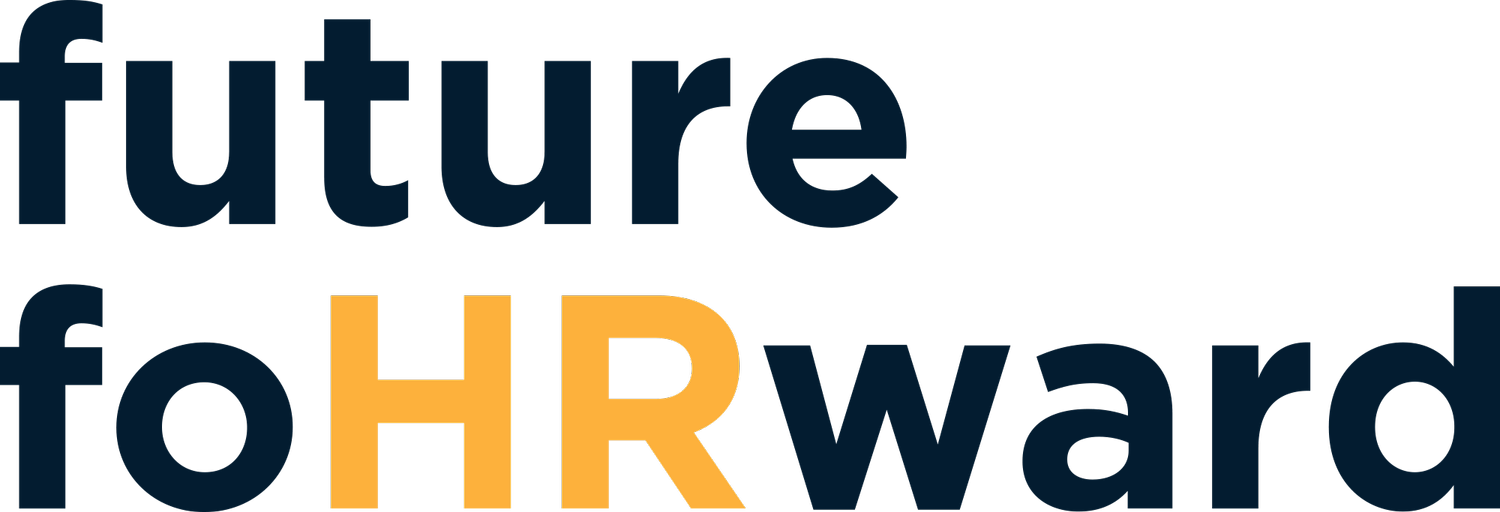How Loneliness Affects Our Work
Combating the Loneliness Epidemic: How Work, and Professional Communities, Can Be the Antidote
In our hyper-connected digital age, we face a paradoxical challenge: a loneliness epidemic. Dr. Tracy Brower, VP of Workplace Insights at Steelcase and author of "The Secrets to Happiness at Work," offers invaluable insights into this pressing issue and how the workplace can be part of the solution.
The Scope of Loneliness
The US Surgeon General's report is sobering: up to half the population grapples with loneliness. In the professional realm, the numbers are equally alarming. A staggering 69% of employees are unsatisfied with their social connections at work, while 43% feel disconnected from their colleagues. These statistics underscore a critical issue affecting both individual well-being and organizational success.
Understanding the Root Causes
Dr. Brower points out that while loneliness isn't new, recent global events and technological shifts have exacerbated the problem. The pandemic forced physical distancing, and the rise of remote and hybrid work models has reduced daily interactions with colleagues.
Moreover, our increasing reliance on technology for everyday tasks has minimized those small, seemingly insignificant interactions that contribute to our sense of community. As Dr. Brower notes…
"We don't talk to the barista anymore, right? I order online, I get delivery at my door. I don't talk to the person at the checkout stand." These superficial connections, it turns out, are fundamental to our happiness and sense of community."
The Social Media Paradox
Social media, designed to connect us, often leaves us feeling more isolated. Dr. Brower offers a compelling analogy: social media is like "empty calories." She explains, "You have all these connections, but nobody you can call if you really, really need help. It's like, you know, if you could eat candy corn for dinner every night and you're, you'd feel full, but you would die of malnutrition."
This over-investment in digital connections leads to under-investment in real-life relationships. Dr. Brower cites research showing that real friendship is built after 60 hours of investment – time spent getting to know someone over coffee, lunch, or walks.
The Impact on Work
Feeling disconnected at work has far-reaching implications:
1. Lack of Big Picture Understanding: Without connections, we may lose sight of how our work impacts others and the overall mission.
2. Feeling Underappreciated: Disconnection can lead to a sense of being undervalued, affecting our engagement and performance.
3. Reluctance to Seek Help: When we feel isolated, we're less likely to ask for help, hindering our learning and growth.
Work as the Solution
Despite these challenges, work itself can be a powerful antidote to loneliness:
1. Providing Purpose: Work gives us a sense that someone is counting on us, fulfilling our innate need to matter.
2. Offering Growth Opportunities: Learning and development combat the stagnation often associated with loneliness.
3. Fostering Connections: Even in hybrid models, thoughtful use of in-person time can build strong relationships.
Dr. Brower emphasizes the importance of serendipitous interactions at work. She describes these unplanned encounters – like running into a colleague at the coffee bar and sparking a great idea – not as "the frosting on the cake, but the cake itself."
The Power of Professional Communities
Belonging to professional communities outside one's organization can significantly reduce loneliness. These communities offer:
1. A shared sense of identity
2. Expanded perspectives
3. Continuity throughout career changes
For HR professionals navigating rapidly evolving landscapes, these communities provide invaluable support and safe spaces for growth.
Moving FoHRward
As we confront the loneliness epidemic, it's clear that the workplace has a significant role to play. By fostering genuine connections, providing growth opportunities, and creating cultures of belonging, organizations can combat loneliness while enhancing performance and innovation.
The challenge now is to recognize work not just as a set of tasks, but as a holistic experience rich with opportunities for connection. As Dr. Brower suggests, we need to shift our dialogue from "What do I get if I come in?" to "What are my responsibilities to others?"
By embracing this perspective, we can create work environments that not only drive business success but also contribute positively to our collective well-being, helping to turn the tide on the loneliness epidemic.



